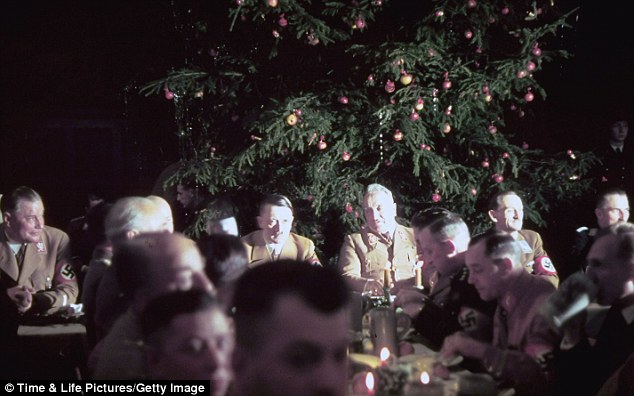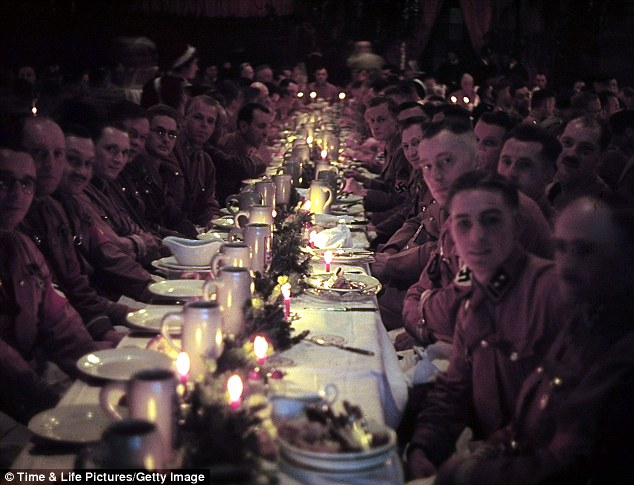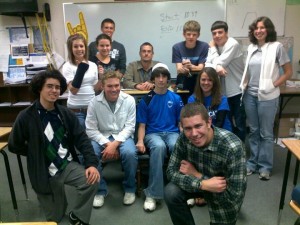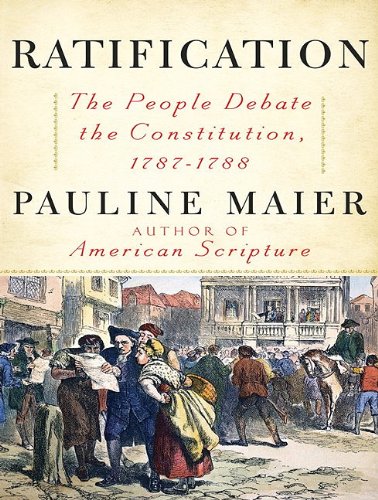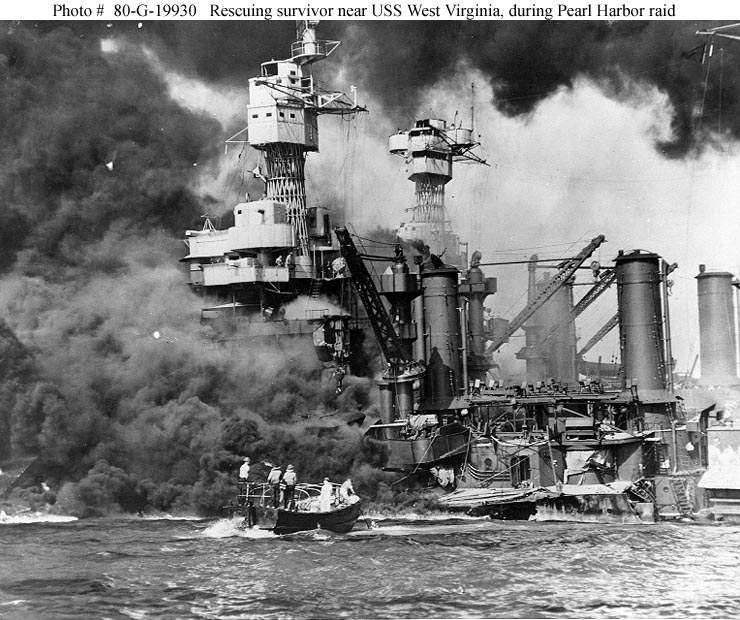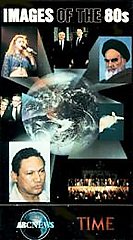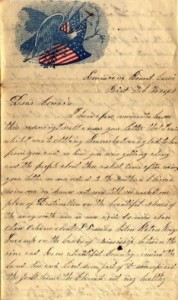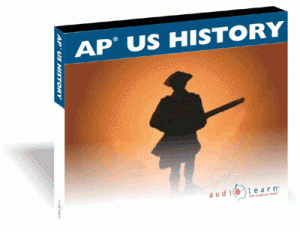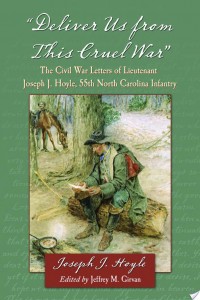Gary B. Nash is a fairly popular historian for not just high school history instructors, but college professors as well. If we were to take Nash at face value in his assessment of Robert Morris, we would come to the conclusion that the man was one of “wealth, hugely increased during the depths of the war, he was supremely insensitive to the poor. A former slave trader and present slave owner, he had little sympathy for African-Americans. As for Native Americans, his interest was only I the profits he could accrue by speculating on their lands.” He was a man who had only “contempt for ordinary people,” Nash would summarize. Indeed, Nash hit the tri-factor in his Social Justice analysis. He declared Morris insensitive to the important causes of the Era: the poor, blacks, and Indians (and women). Nothing else matters to those who teach Social Justice Revisionist history such as Mr. Nash. Indeed, important subjects, but not the end all or be all. [Gary B. Nash, The Unknown American Revolution: The Unruly Birth of Democracy and the Struggle to Create America, (Penguin, 2006)]
Emphasis is the key to how someone writes and/or teaches American history. Certainly Morris owned some slaves, as did most of the Founding Fathers. His contempt for “Democracy” was also nothing out of the ordinary for time; many Founding Fathers were hesitant supporters of Republicanism and doubted the virtue of a Democracy of any kind. As for land speculating, yes it was Indian land, and indeed Washington, Morris and many others invested heavily in the West; only unlike Washington and others, Morris would lose his fortune doing so and ultimately die broke. He was also incarcerated in a debtors prison. But most importantly, what Morris meant to the success of the American Revolution cannot be overstated yet time and time again, he is seen very much as Nash depicts him above.
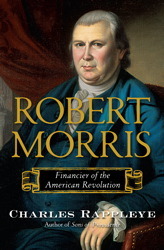 In a new book by acclaimed author of Sons of Providence — winner of the 2007 George Washington Book Prize — Charles Rappleye brings us Robert Morris: Financier of the American Revolution, (Hardcover, 416 pages; Published November 9th 2010 by Simon & Schuster).
In a new book by acclaimed author of Sons of Providence — winner of the 2007 George Washington Book Prize — Charles Rappleye brings us Robert Morris: Financier of the American Revolution, (Hardcover, 416 pages; Published November 9th 2010 by Simon & Schuster).
As Rappleye, an Amateur historian (why is it that I find myself drawn more and more to Amateur historians over the so-called professional trained ones?), notes in his Introduction, Morris has been largely forgotten by history and when he is remembered, it is with similar disdain as offered by Mr. Nash. Morris was a complex man with very distinct perspectives, but as Rappleye mentions, Morris was “no ideologue. [He was] pragmatic, creative,” and with “steadfast integrity.” His personal honor and ability to deliver won him the allegiance of such Founders as Franklin, Hamilton, Madison, and John Adams; though never his radical cousin Sam.
Morris introduced key concepts of banking and finance into the fledgling American government that were crucial to its financial situation. Morris was incredibly active in the government and an early Patriot who was a vocal critic of the Stamp Act. As a matter of fact, during the crucial months of 1777, when the Congresses fled from Philadelphia, Morris “ran the operations of the government virtually single-handed.” And at a time when the country had no currency and an economy in shambles, Morris dipped into his own financial wealth and single-handedly kept the Revolution afloat. Morris was a patriot and Founding Father who deserves more respect and a better “perspective” than what most historians and educators provide. Thus, if you are interested in some context to Morris and his ilk, read Rappleye’s even handed and fascinating account of Morris and the Revolution.
